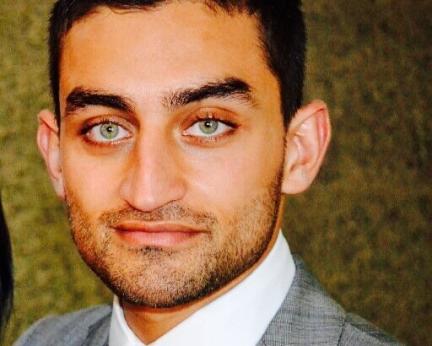In the first year of training (ST3), you learn some of the basic procedures, such as cystoscopy, which is the telescopic examination of the bladder or resection of small bladder tumours. A consultant always supervises you, but as you gain experience you do more independent operating of a more complex nature.
By the end of your specialist training you can assist with, or perform more complex and high-risk procedures, such as removal of the bladder and prostate gland for in patients with cancer.
My day usually starts at 7:40 am with an hour-long hospital ward round starting at 8, and I leave the hospital around 6:30pm. Foundation trainees, specialist trainees, core trainees, and nurses all participate in the ward round, which I often lead. I review existing patients and assess acute admissions. My responsibility on the ward round is to assess patients, order appropriate investigations, communicate effectively with team members, and teach junior colleagues.
I generally spend around one to two full days in theatre which might involve two longer operations or a series of shorter procedures. I also spend two half-days in outpatient clinics, where I see about 15 patients per clinic. Patients I see do not always require surgery, and so it is equally important to decide who to operate on, or not. Much of my job involves explaining diagnosis and procedures to patients, along with careful assessment of risk and potential complications.
The rest of my week is spent in teaching, administration, and participation in national and local urological and medical groups.





